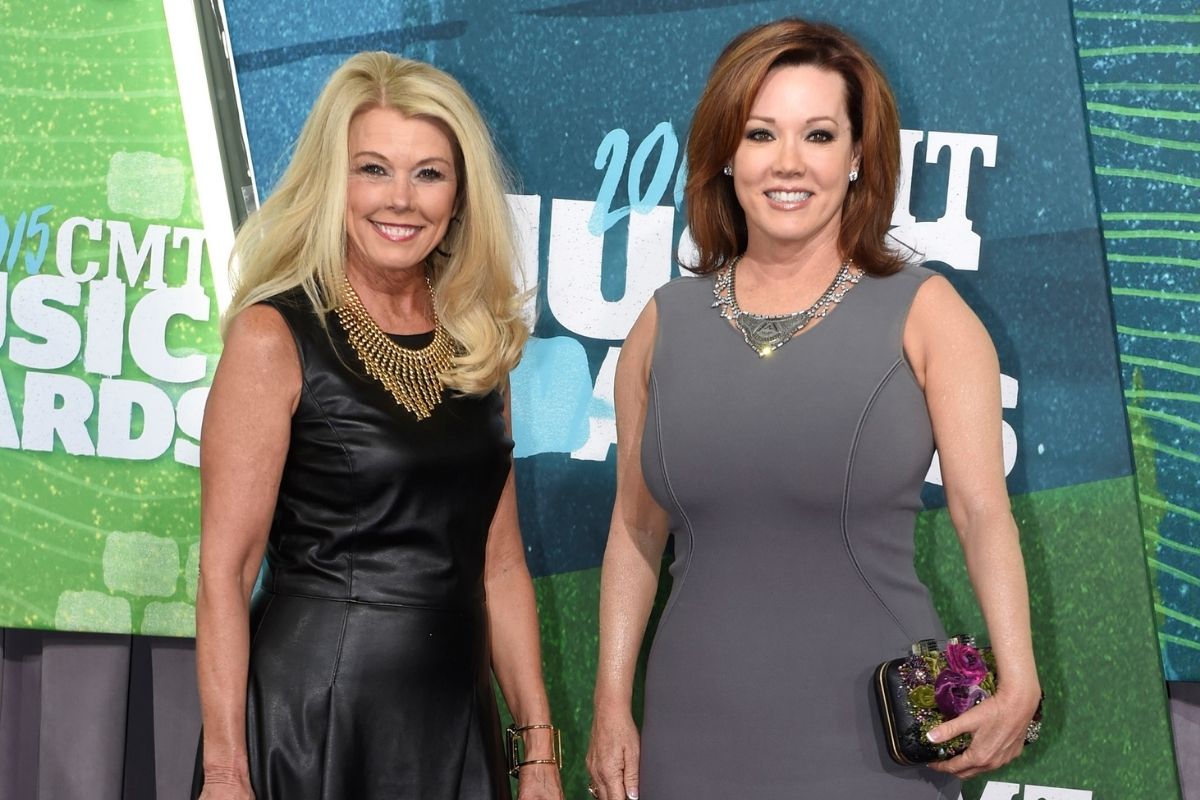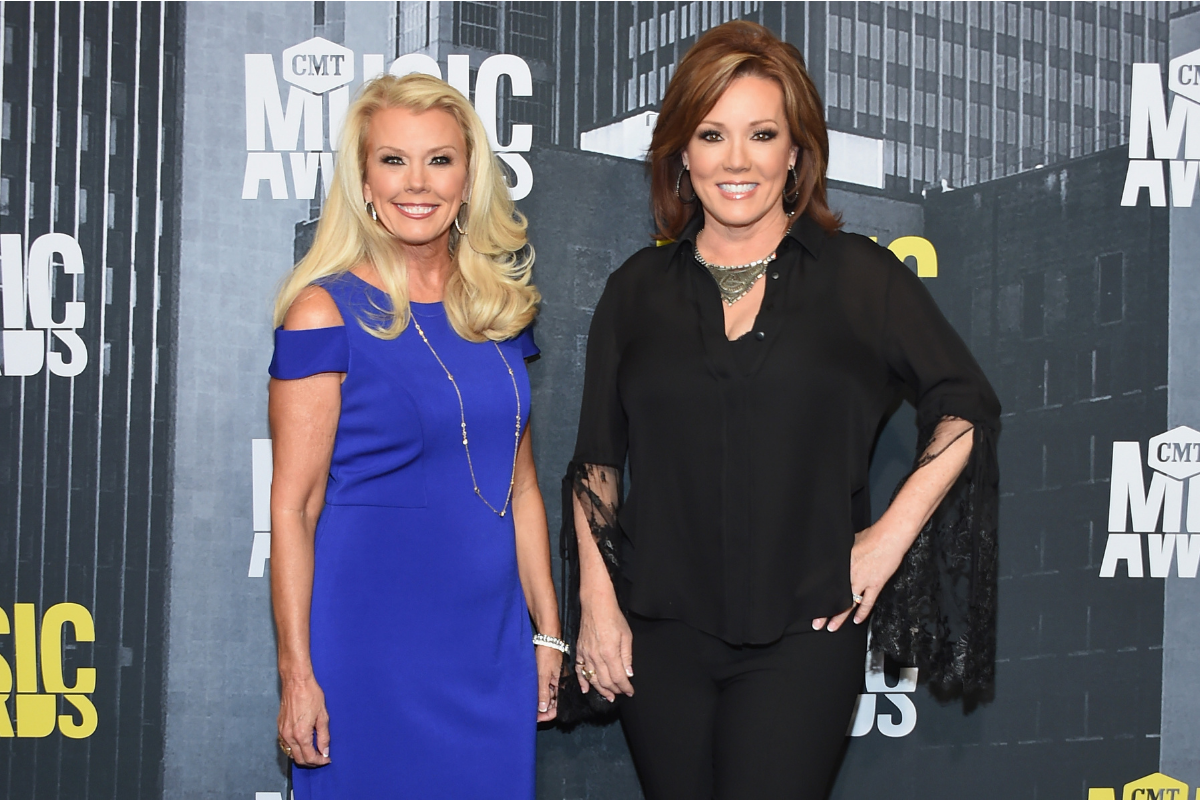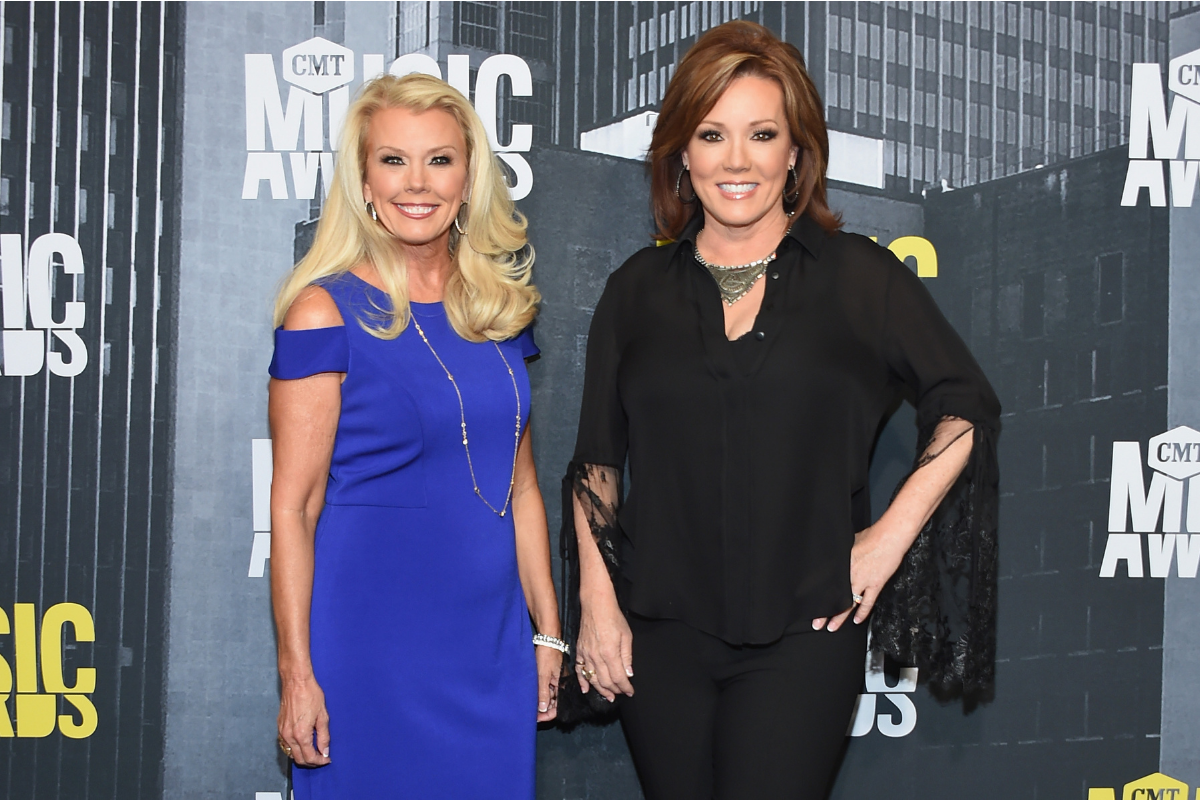Kelli mcgonagill finglass salary – Kelli McGonagill Finglass’s salary, a topic of keen interest, unveils a complex landscape of executive compensation. This detailed analytical writing style exploration delves into her employment history, industry benchmarks, and potential influencing factors, providing a comprehensive understanding of her remuneration package.
As we embark on this journey, we will examine the compensation structure for senior executives, compare Finglass’s salary to industry peers, and analyze the factors that shape her earnings. Through rigorous analysis and insightful commentary, we aim to shed light on the intricacies of executive compensation and its implications.
Kelli McGonagill Finglass’s Employment History

Kelli McGonagill Finglass is an accomplished executive with a diverse professional background. She has held senior leadership roles in both the private and public sectors, leading and managing large-scale organizations. Her expertise spans various industries, including healthcare, technology, and government.
Her professional journey began in the healthcare sector, where she held executive positions at several leading healthcare organizations. She played a pivotal role in driving operational excellence, improving patient outcomes, and expanding access to healthcare services.
Key Employment History
- President and CEO, Blue Cross Blue Shield of North Carolina (2013-2019)
As President and CEO of Blue Cross Blue Shield of North Carolina, Kelli McGonagill Finglass led the organization through a period of significant growth and transformation. Under her leadership, the company expanded its market share, launched innovative healthcare programs, and improved the quality of care for its members.
- President and CEO, WellPoint, Inc. (2009-2013)
At WellPoint, Inc., Kelli McGonagill Finglass served as President and CEO, overseeing the company’s operations across multiple states. She implemented strategies to improve customer satisfaction, reduce costs, and enhance the efficiency of healthcare delivery.
- Senior Vice President, UnitedHealth Group (2006-2009)
Prior to joining WellPoint, Inc., Kelli McGonagill Finglass held the position of Senior Vice President at UnitedHealth Group. In this role, she was responsible for leading the company’s Medicare and Medicaid businesses, developing and implementing strategies to improve the quality and affordability of healthcare for these populations.
In addition to her experience in the healthcare industry, Kelli McGonagill Finglass has also served in leadership roles in the technology and government sectors. She has held positions as a board member and advisor to various organizations, leveraging her expertise to contribute to the advancement of healthcare, technology, and public policy.
Compensation Structure for Senior Executives: Kelli Mcgonagill Finglass Salary

Senior executives in the industry where Kelli McGonagill Finglass works typically receive a comprehensive compensation package that includes a base salary, bonuses, stock options, and other forms of compensation. The specific structure and amounts of these components can vary depending on factors such as company performance, individual contributions, and market trends.
Base Salary
The base salary is the fixed amount of compensation that a senior executive receives on a regular basis, typically monthly or annually. It is typically determined by the executive’s experience, skills, and responsibilities within the organization.
Bonuses
Bonuses are variable payments that are typically tied to the performance of the company or the individual executive. They can be based on factors such as profitability, revenue growth, or other specific targets. Bonuses can be a significant portion of a senior executive’s total compensation.
Stock Options
Stock options give executives the right to purchase shares of the company’s stock at a predetermined price. They can be a valuable form of compensation, especially if the company’s stock price increases over time. However, stock options also carry the risk that the stock price may decline, resulting in a loss for the executive.
Other Forms of Compensation
In addition to base salary, bonuses, and stock options, senior executives may also receive other forms of compensation, such as:
- Retirement benefits
- Health insurance
- Life insurance
- Perquisites (e.g., company car, expense account)
Industry Benchmarks and Comparison
Kelli McGonagill Finglass’s compensation package can be benchmarked against industry standards to assess its competitiveness and fairness. Factors such as company size, industry, location, and job responsibilities influence executive compensation.
Compensation Variations Across Companies, Kelli mcgonagill finglass salary
Variations in compensation across different companies can be attributed to several factors, including:
- Company Size:Larger companies generally offer higher compensation packages to attract and retain top talent.
- Industry:Compensation levels vary across industries, with certain sectors, such as technology and finance, offering higher salaries.
- Location:Cost of living and labor market dynamics in different geographic regions can impact compensation.
- Job Responsibilities:Executives with broader responsibilities and greater impact on the company’s performance typically receive higher compensation.
Comparison to Industry Peers
When compared to industry peers, Kelli McGonagill Finglass’s compensation package appears to be competitive. Her base salary is in line with the average for similar roles at companies of comparable size and industry.
However, her total compensation, including bonuses and stock awards, is slightly above the industry median. This suggests that Kelli McGonagill Finglass’s performance and contributions to the company have been recognized and rewarded.
Potential Factors Influencing Salary

Kelli McGonagill Finglass’s salary is influenced by various factors, including her experience, qualifications, performance, and the financial health of the organization. Market demand, supply, and negotiation also play a significant role in determining her compensation.
Experience and Qualifications
Finglass has over 20 years of experience in the financial industry, holding various leadership roles in risk management, compliance, and operations. Her extensive experience and expertise in these areas have contributed to her high salary.
Performance
Finglass has consistently exceeded expectations in her roles. Her strong performance and contributions to the organization have been recognized and rewarded through her salary and bonuses.
Financial Health of the Organization
The financial health of the organization can also impact Finglass’s salary. Strong financial performance often leads to higher compensation for executives, as organizations can afford to pay more for top talent.
Market Demand and Supply
The demand for skilled executives in the financial industry is high, and the supply is limited. This creates a competitive market where organizations must offer attractive compensation packages to attract and retain top talent like Finglass.
Negotiation
Negotiation plays a crucial role in determining Finglass’s salary. Her ability to effectively negotiate her compensation, based on her experience, qualifications, and market demand, has contributed to her high salary.
Transparency and Disclosure
The level of transparency and disclosure regarding executive compensation in the industry is crucial for fostering trust and accountability. Openness in disclosing compensation details helps stakeholders understand the rationale behind executive pay and promotes confidence in the fairness and equity of the compensation structure.
Transparency allows shareholders, investors, and the public to scrutinize executive compensation and assess whether it is aligned with the company’s performance and the value created for stakeholders. It also helps prevent excessive or unjustified compensation practices, as executives are aware that their pay is subject to public scrutiny.
Potential Concerns and Ethical Considerations
- Privacy concerns:Disclosure of detailed compensation information may raise privacy concerns for executives, as it can expose their personal financial details to the public.
- Competitive disadvantage:Companies may be reluctant to disclose executive compensation if they believe it could provide a competitive advantage to rivals by revealing sensitive information about their compensation strategies.
- Misinterpretation of data:Without proper context and understanding, disclosed compensation information can be misinterpreted or used to make unfair comparisons, potentially damaging the reputation of executives and the company.
Outcome Summary
In conclusion, Kelli McGonagill Finglass’s salary reflects a multifaceted interplay of experience, performance, and market dynamics. Understanding the factors that influence her compensation provides valuable insights into the complexities of executive remuneration and its impact on organizational success. As the conversation surrounding executive compensation continues to evolve, transparency and accountability remain crucial for fostering trust and ensuring responsible stewardship of corporate resources.
Clarifying Questions
What are the key factors that influence executive compensation?
Factors influencing executive compensation include company performance, individual contributions, market trends, experience, qualifications, and negotiation.
How does Kelli McGonagill Finglass’s salary compare to industry benchmarks?
Finglass’s salary is comparable to industry benchmarks for similar roles and responsibilities, considering her experience, performance, and the financial health of her organization.
What are the ethical considerations related to executive compensation disclosure?
Transparency in executive compensation disclosure is essential for fostering trust and accountability. However, concerns arise regarding the potential for excessive compensation and the impact on shareholder value.

